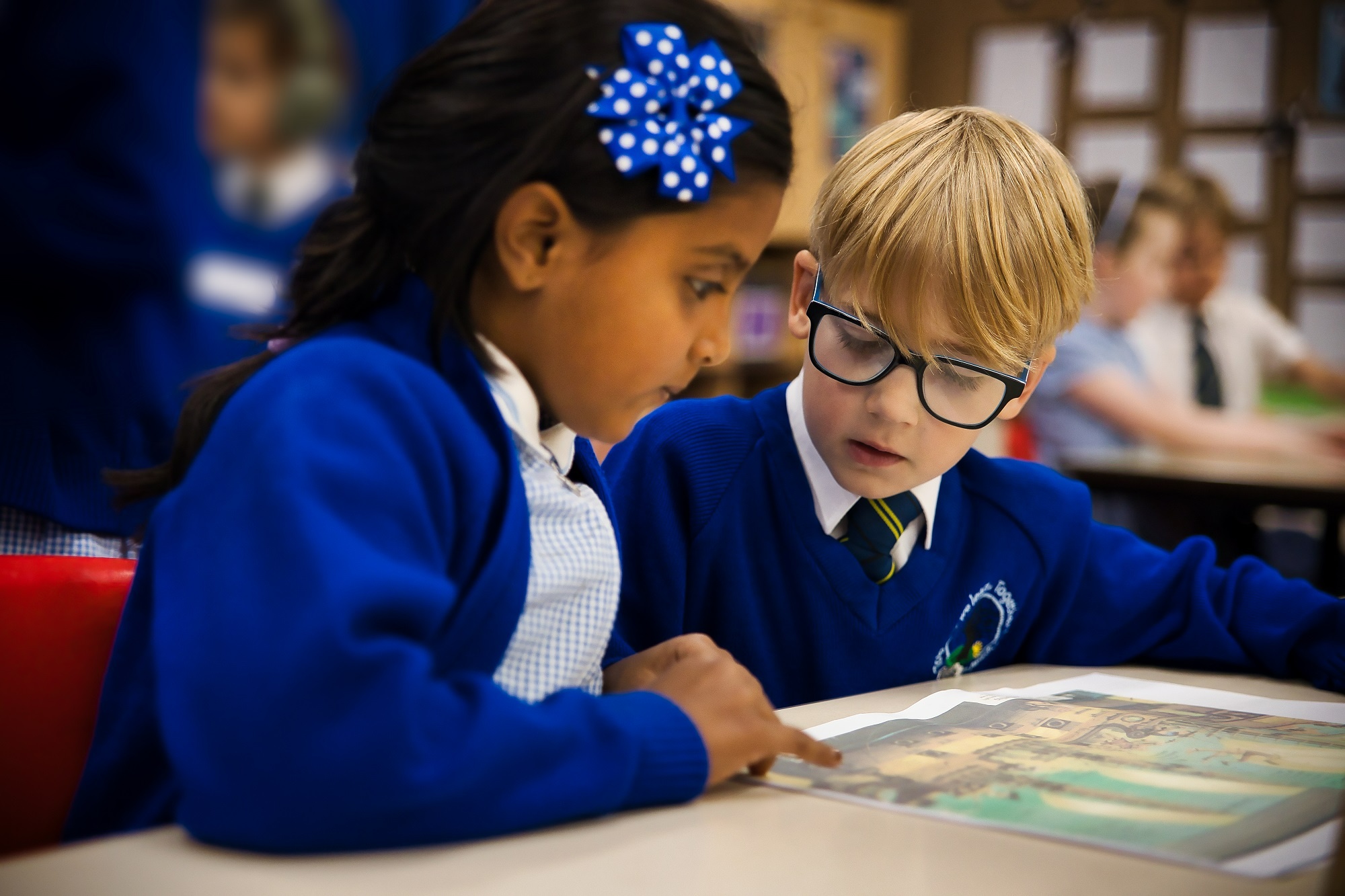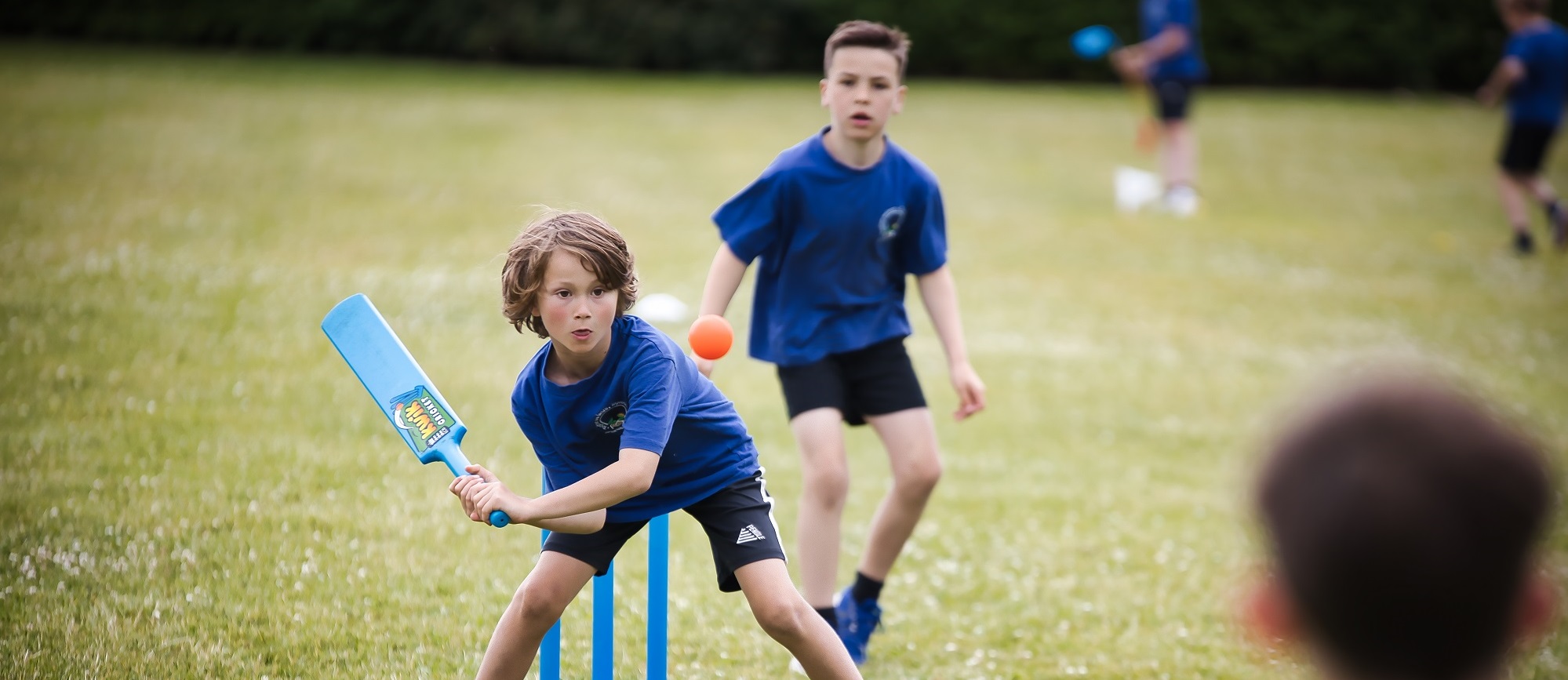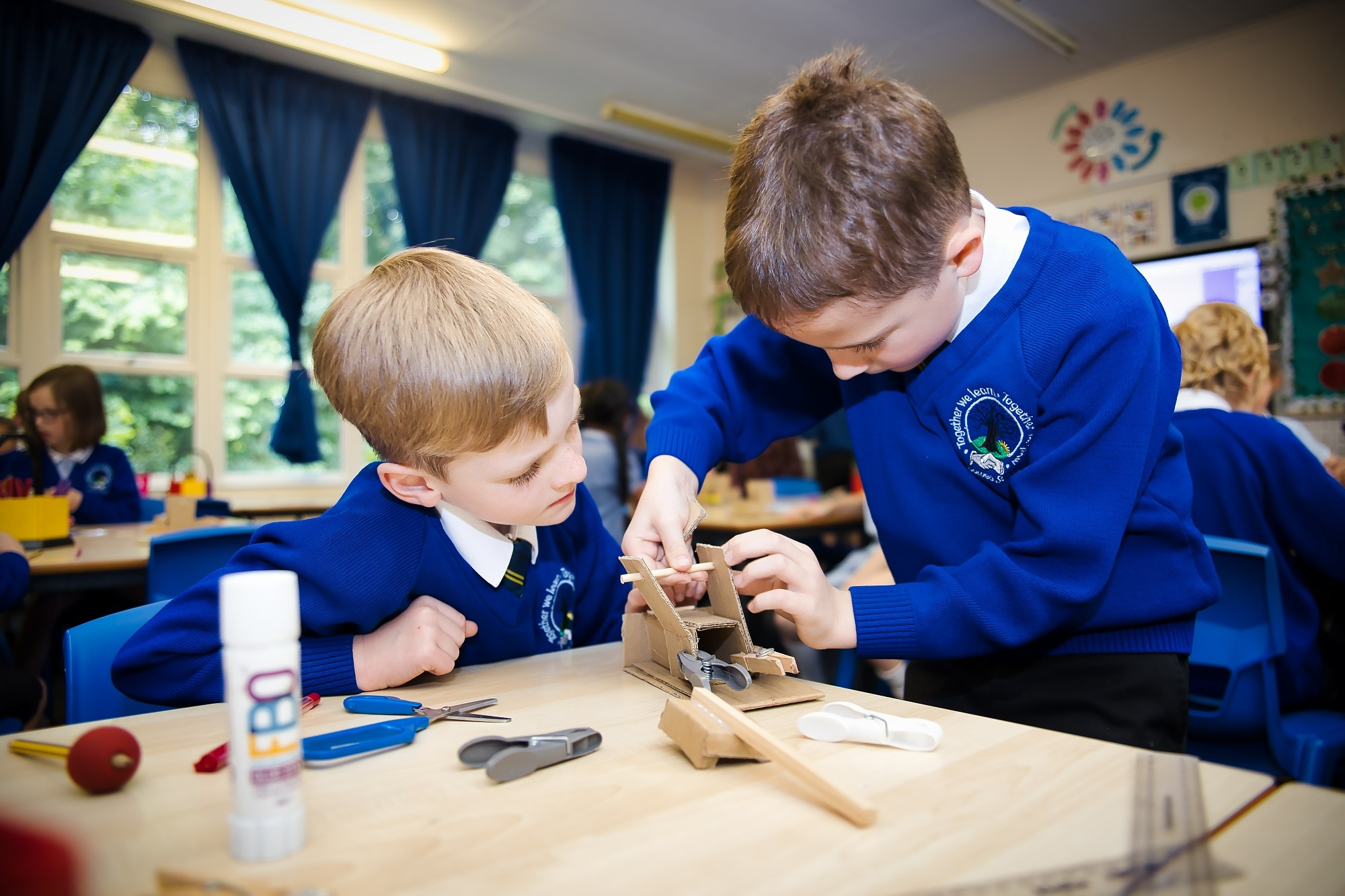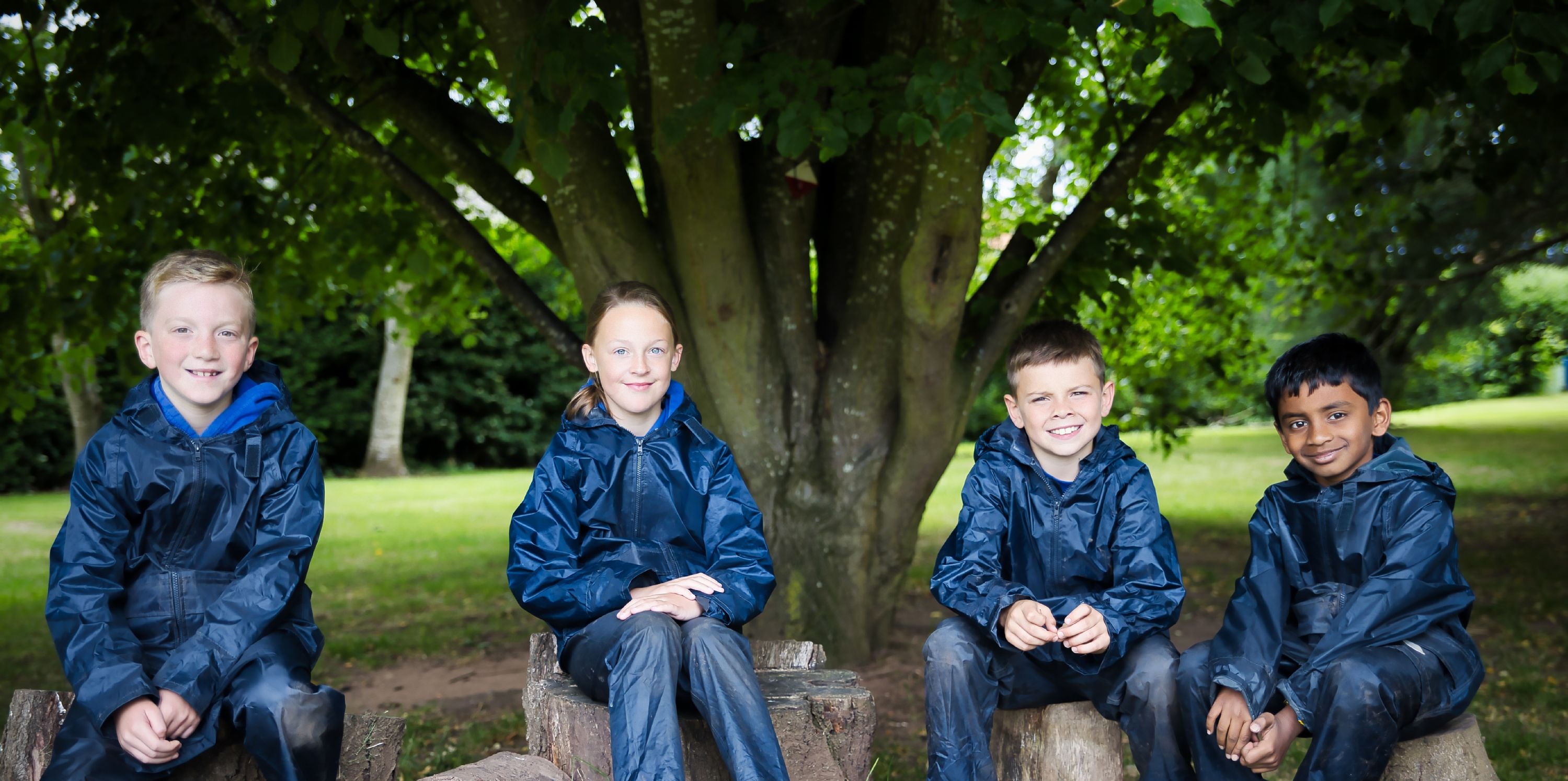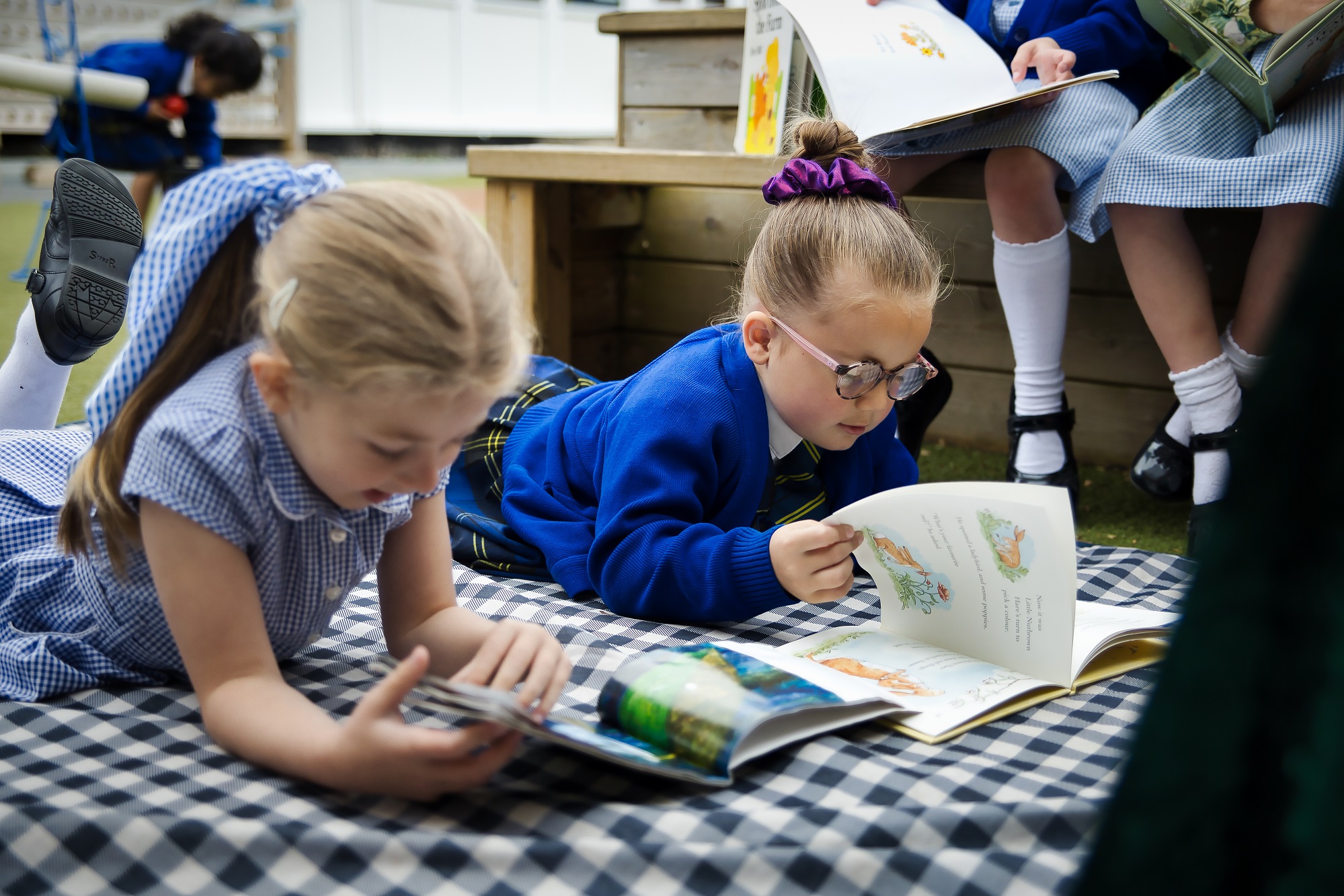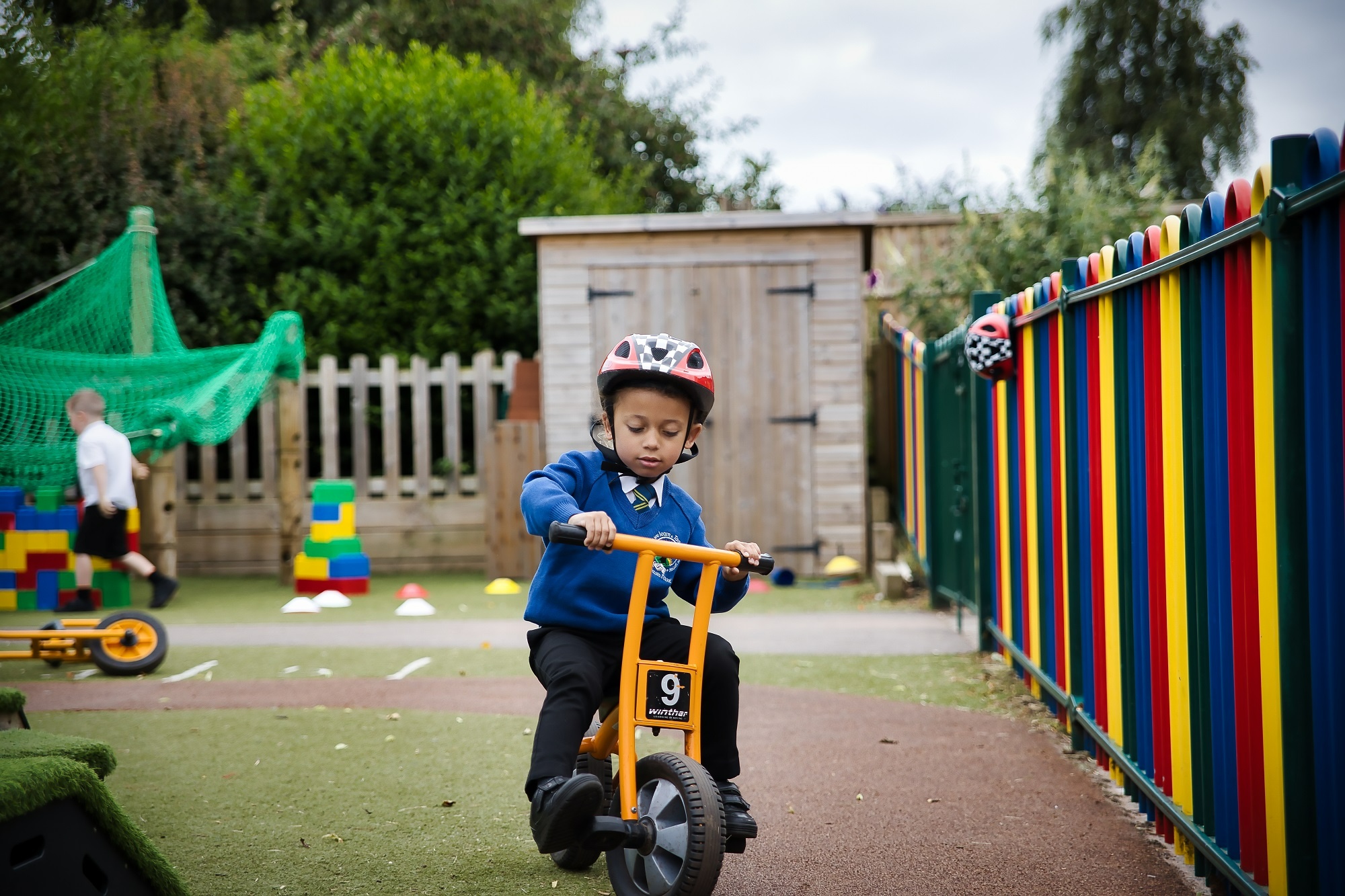Writing
Subject Lead: Mrs C Widdett
Our writing curriculum is rooted in reading, with all writing opportunities linked to a high quality class text which the children study in their reading lessons. Our writing lessons ensure that our children have exposure to a wide range of genres and learn to write for different audiences and purposes. In order to make secure links between writing and reading, pupils are encouraged to 'read as a writer’ and ‘write as a reader’. In discrete grammar lessons, the children are taught the knowledge of grammatical features they will need to apply to their writing that week. This ensures that they make purposeful links and build on the skills they have learnt in order to progress.
Children also experience sentence crafting lessons where they are taught how to implement their new or retrieved grammar knowledge into the context of accurate and progressive sentence structures. As children move up through the school, the teaching of these is rigorously sequenced to ensure that children develop useable and expansive repetoires of patterns that allow them to write accurately and with precision. Our approach ensures the love of writing is not lost, but that children are also given every opportunity for deliberate practice to ultimately become successful writers and communicators.
The Writing Process
As a school, we draw on some principles of 'Talk for Writing' so that the children can rehearse and learn exemplary models of writing at the beginning of a unit, particularly in KS1. They will dissect and evaluate these models, analysing the grammatical rules and tools that make the piece of writing a success. The rules for writing are the non-negotiable year group expectations we expect the children to include in every piece of work, whilst the tools are the genre specific grammatical features that the children should include.
The next step in the writing process is the planning stage, where the children formulate their ideas, vocabulary and secure their understanding of the grammatical concepts they will need to use. Here, children may also work through sentence crafting lessons that support them to implement their grammar knowledge into the context of specific sentence structures which are explicitly taught and practised, aiming for automaticity by the end of each phase.
As the writing process continues, the teacher models writing and the children take part in shared writing opportunities with their peers, as well as guided writing opportunities with their teachers, to develop their knowledge and skills in readiness for their independent writing.
When the children write independently, they may be expected to use the 'Talk for Writing' strategies of imitation, where they change some elements of an original piece, or innovation, where they are expected to have planned a new piece of writing from scratch based on the model genre. By the end of KS2, we expect that the children will be confident in selecting their own writing genres to present their work based on a given stimulus, whilst keeping their audience in mind. Our outcomes at the end of Key Stage 2 are consistently above the national average, with 92% achieving the expected standard in Year 6 in 2024 (20% above the National Average).
Editing within writing is a key skill taught to all pupils and the children are taught to edit as a part of the writing process. Through explicit modelling and deliberate practice either in stand-alone editing lessons or on-the-go feedback sessions in lessons, children are taught that editing may be clerical e.g. checking for spelling and punctuation, but may also involve making changes to directly impact the intended audience or purpose for writing. Our English policy and Marking and Feedback policies offer additional information on this area of the writing process.
Classrooms are inviting, vocabulary rich environments, where pupils feel comfortable to ask questions and share ideas; they are places where great examples of writing are celebrated. Each classroom's Learning Line is an essential element to teaching and learning in Writing: across a unit of work, children work with their teacher to co-construct a range of resources from planning sheets, vocabulary generation banks, sentence structure crib sheets, tools and rules resources and modelled/shared writing which is made available for children to independently draw on when creating their own pieces. This also drives children's accountability and independence in writing.
Spelling
In EYFS and KS1, the children learn to spell as part of their daily phonics lessons where they learn to apply the sounds taught. In Year 1, the children take weekly spelling tests based on the sounds they have learnt at school that week. In all other areas of the curriculum, the children are encouraged to apply their phonic knowledge when writing independently. Where children require some support in selecting appropriate graphemes in spelling, a resource called Grow the Code is utilised. Please see the Phonics page for additional information.
For Year 1-6, we have a clear progression of spelling expectations in line with the National Curriculum. Spelling is taught using a platform called SpellingShed. This approach builds on the children's success in phonics to learn different spelling rules, alternate graphemes and patterns in the written word. Resources support children in developing an understanding of morphology e.g. learning that 'pre-' means 'before'; it also supports learning of etymology e.g. where the origin of a word comes from e.g. that ch as /sh/ is likely to be a French origin e.g. chandelier. SpellingShed's online platform EdShed is used for school and home practise of allocated spellings for that week. The interative games allow children to practise in a fun, motivating way. Across the school, new spellings are set on Monday and tested the following Monday.
Word lists and visual prompts are used in classrooms to assist children with their spelling. In all work, spelling is given a high priority. Children are encouraged to use different strategies to help them spell correctly including phonics, use of word lists or mats and dictionaries. When marking work teachers pick out spellings for children to correct.
Writing Enrichment
At Leasowes, writing is seen as a key skill that will support children to become confident communicators now and in the future. As part of this, writing is celebrated through inspiring and innovative corridor and classroom displays; work is regularly shared with the English lead and other senior leaders and competitions to highlight enjoyment in writing are offered periodically e.g. the Christmas Writing challenge, the World Book Day Poetry Slam and - coming soon - the opportunity for children to submit their writing for publishing in a fundraising effort.

